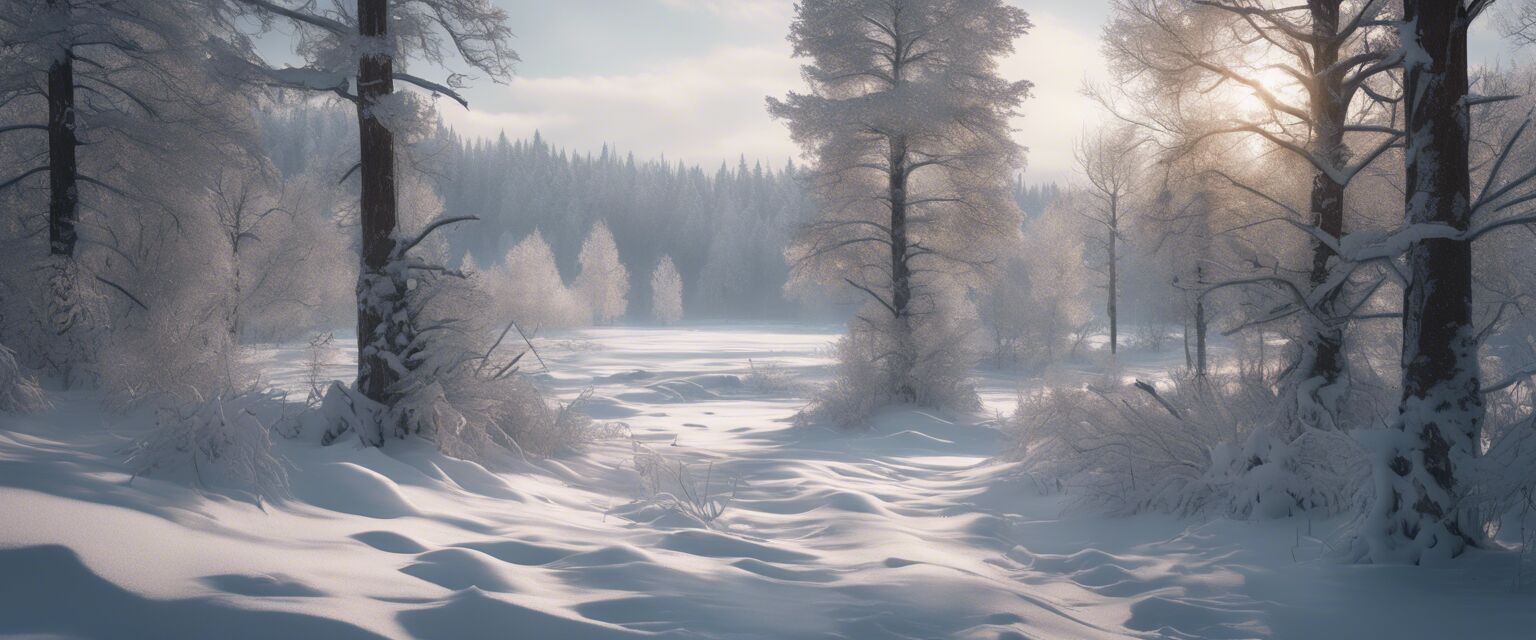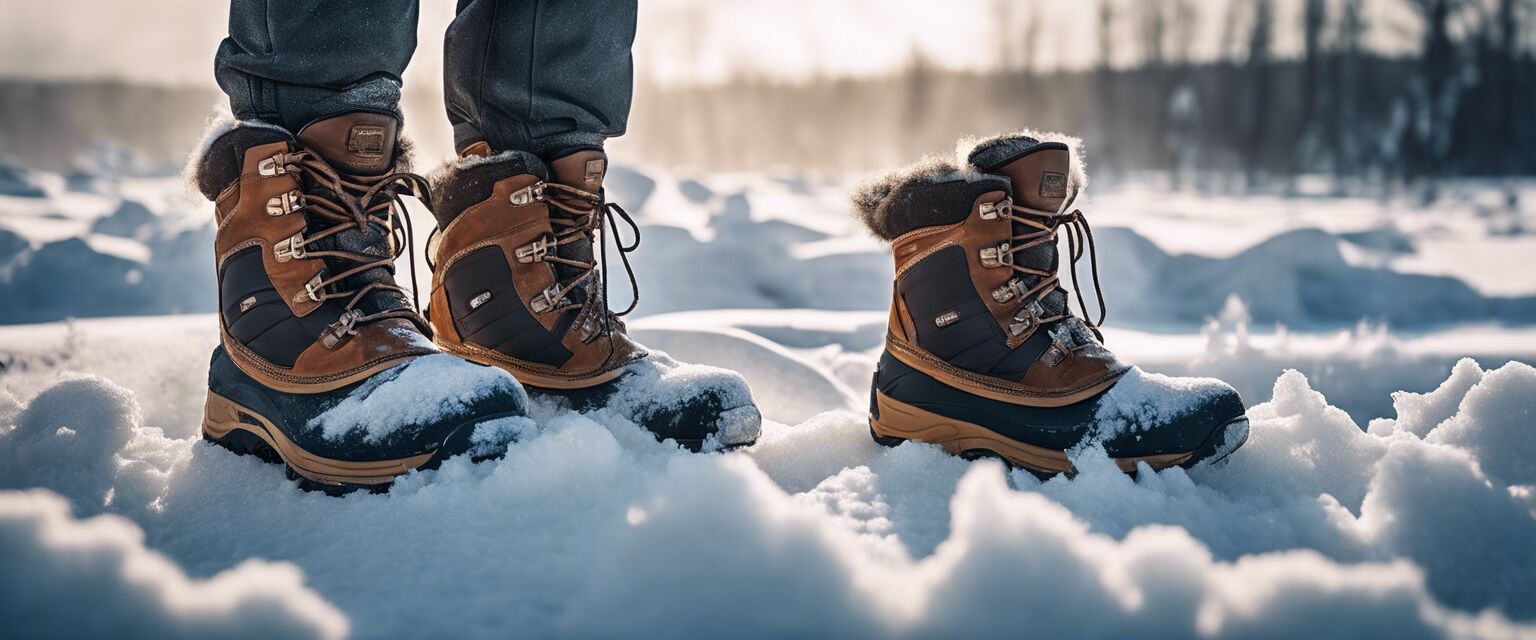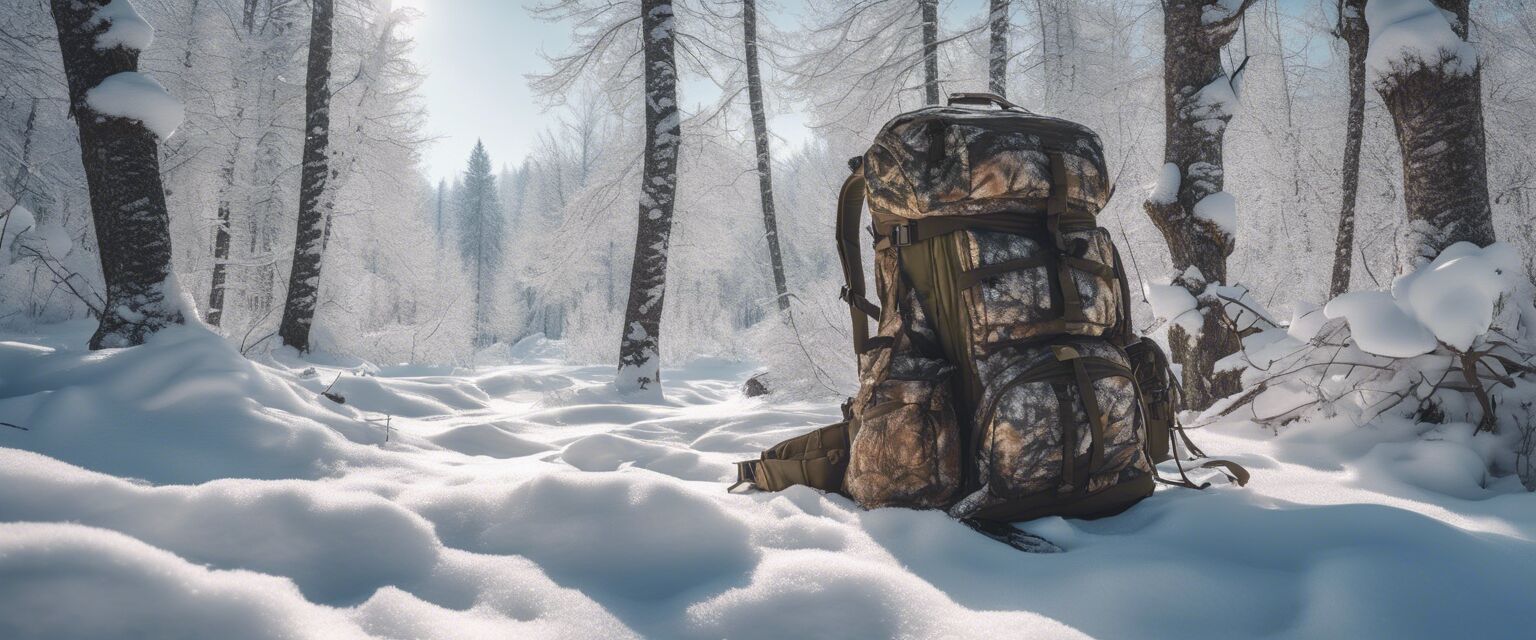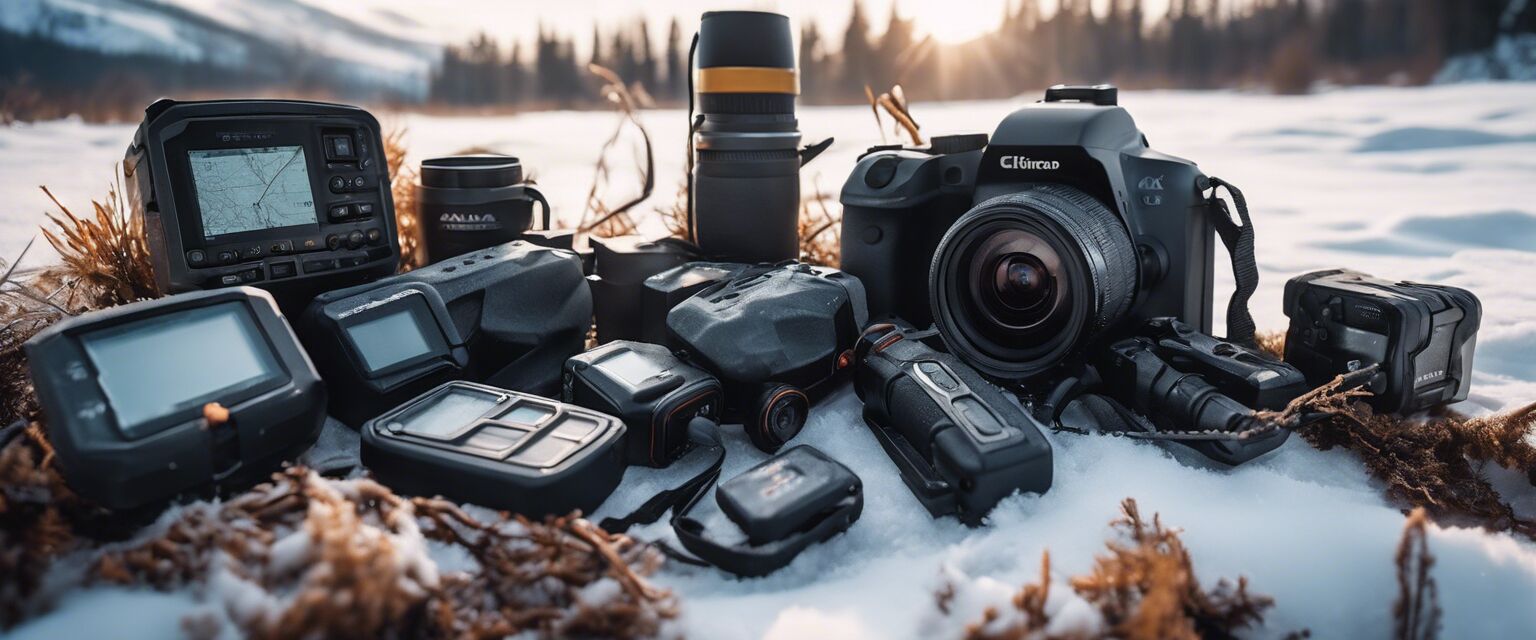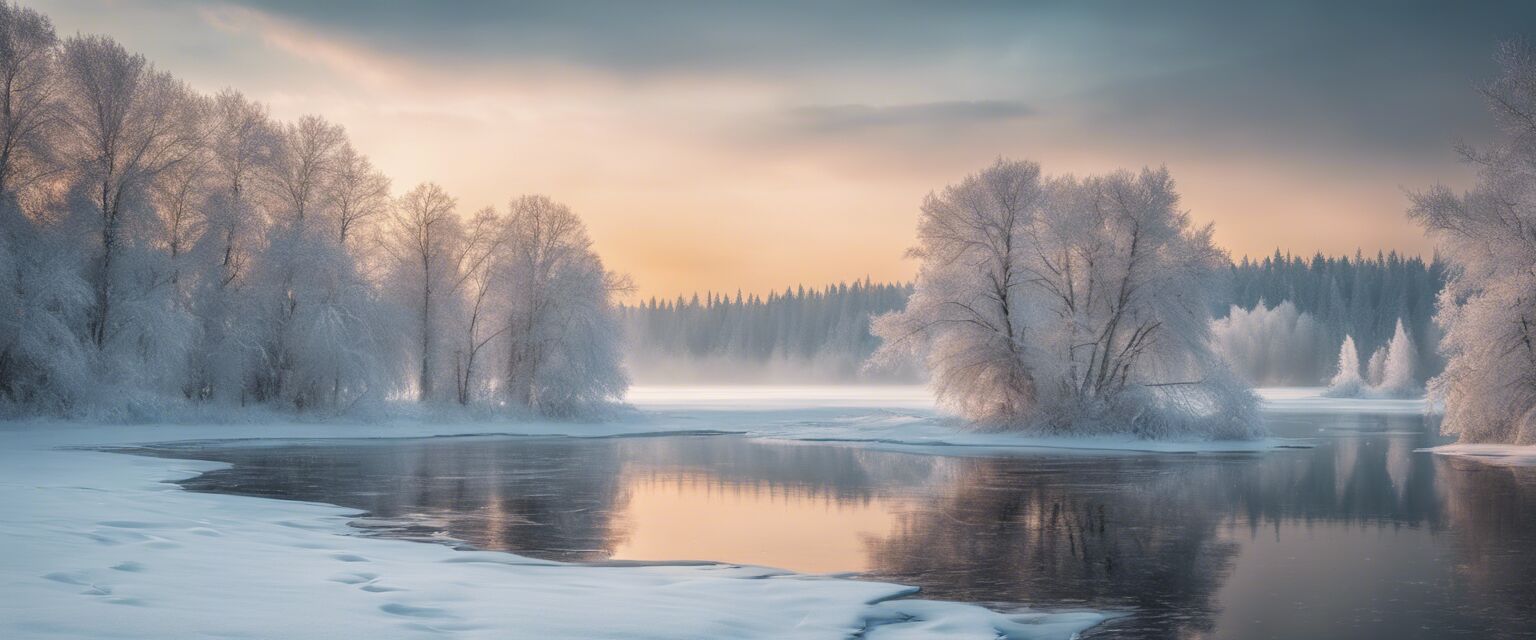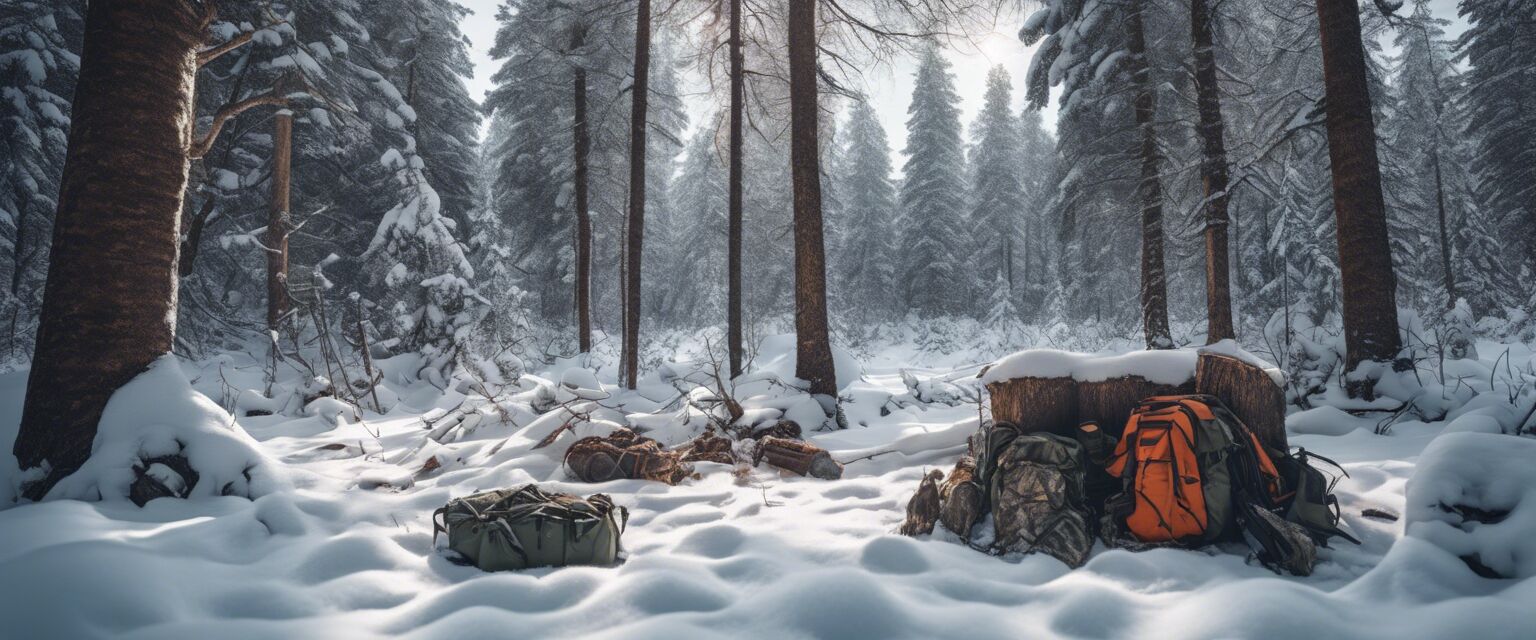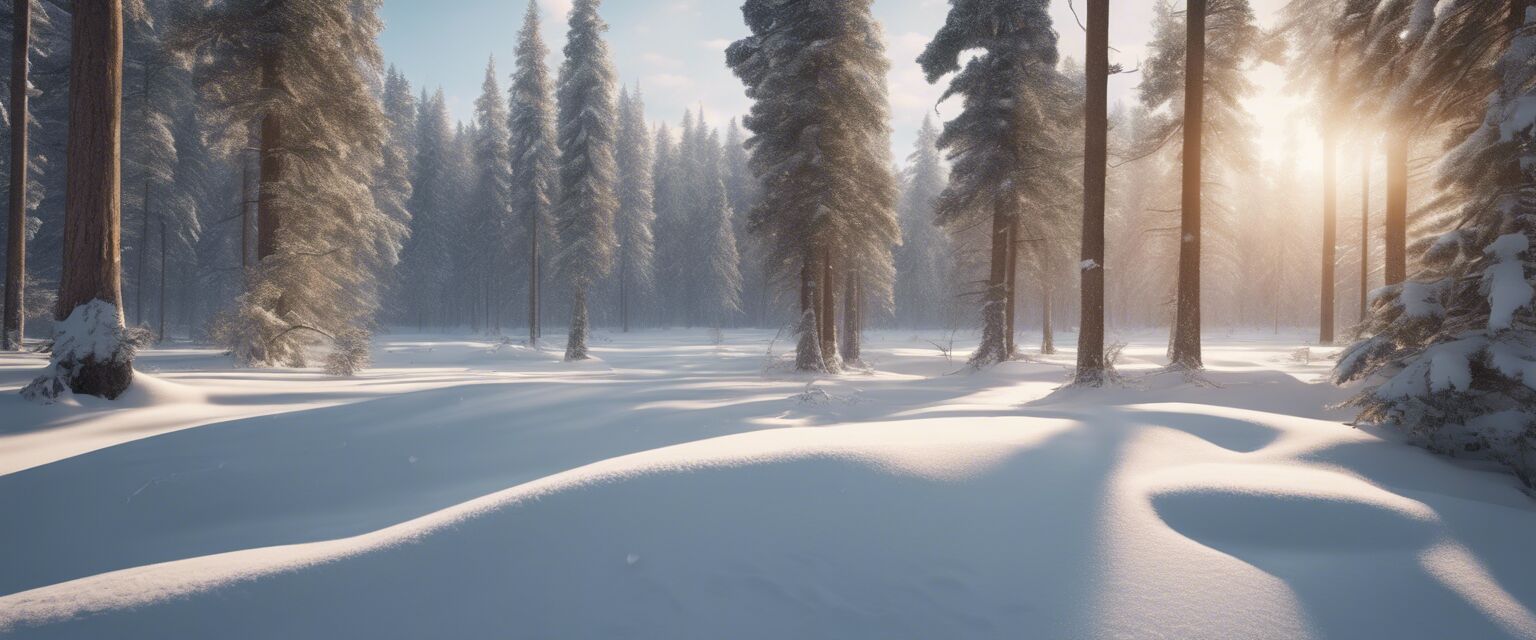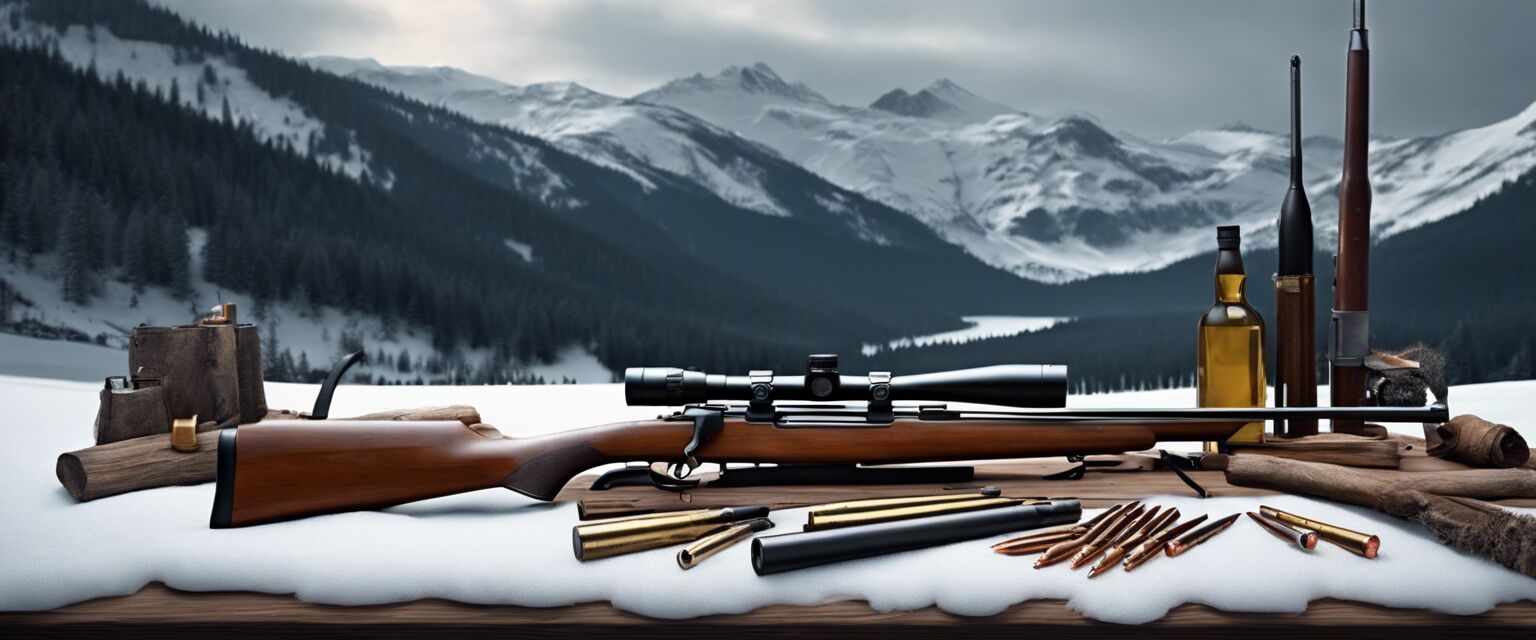
Firearms and ammunition for winter hunting
Key Takeaways
- Select firearms that are reliable in colder temperatures.
- Use ammunition designed for optimal performance in winter conditions.
- Consider the type of game you are hunting when choosing firearms and ammo.
- Maintain your equipment regularly to ensure reliability.
- Dress appropriately to stay warm during your hunt.
Winter hunting presents unique challenges and rewards. The cold weather requires hunters to choose the right firearms and ammunition to ensure a successful experience. In this guide, weâll explore the best options available for winter hunting and provide you with essential tips to make the most out of your cold-weather excursions.
Understanding the requirements for winter hunting firearms
Choosing the right firearm for winter hunting is crucial. The cold can affect both the functionality of the firearm and the performance of the ammunition. Here are some considerations to keep in mind:
- Reliability: Opt for firearms known for their reliability in harsh conditions.
- Weight: Lighter firearms can be more manageable, especially when trudging through snow.
- Weather Resistance: Firearms with weather-resistant finishes are preferable.
Popular types of firearms for winter hunting
| Firearm Type | Best Uses | Key Features |
|---|---|---|
| Bolt Action Rifles | Long-range precision | Durability, accuracy, and a variety of calibers |
| Shotguns | Bird hunting and close-range | Versatile with various ammunition types |
| Lever Action Rifles | Mid-range hunting | Quick follow-up shots and classic design |
Choosing the right ammunition for winter conditions
Winter conditions can significantly affect ammunition performance. Itâs essential to select ammunition that performs well in cold weather. Here are some factors to consider:
- Caliber: Choose a caliber suitable for the game you are pursuing.
- Bullet Type: Opt for bullets designed for penetration and expansion.
- Temperature Stability: Look for ammunition that maintains performance in cold temperatures.
Types of ammunition suitable for winter hunting
| Ammunition Type | Best For | Advantages |
|---|---|---|
| Soft Point Bullets | Deer and larger game | Expansion upon impact |
| Full Metal Jacket (FMJ) | Target shooting and varmint hunting | High penetration |
| Ballistic Tip Bullets | Varied game hunting | Accuracy and controlled expansion |
Maintenance tips for winter firearms
Keeping your firearm in top shape during winter hunting is essential. Here are some tips:
- Regularly clean and lubricate your firearm to prevent freezing.
- Store your ammunition in a dry, insulated container.
- Check for any signs of rust or wear before heading out.
Best practices for transporting firearms in winter
Transporting your firearms safely in winter conditions is vital:
- Use a padded case to protect your firearm from cold.
- Avoid exposing your firearm to extreme temperature changes.
- Secure your firearms in your vehicle to prevent movement.
Additional tips for winter hunting
Beginners section
- Dress in layers to maintain warmth and flexibility.
- Stay aware of your surroundings and local wildlife regulations.
- Consider hunting with a partner for safety.
- Plan your hunting trip during daylight hours for better visibility.
Conclusion
Winter hunting can be an exciting and rewarding experience if you choose the right firearms and ammunition. By considering the unique challenges of cold weather, and maintaining your equipment, you can ensure a successful hunt. For more tips on essential winter hunting gear, check out our articles on camouflage gear, cold weather footwear, and heated gear. Happy hunting!
Pros
- Increased chances of success with proper gear.
- Enjoyment of peaceful winter landscapes.
- Opportunity to hunt game that may be more visible in winter.
Cons
- Cold weather can be uncomfortable without proper preparation.
- Snow and ice can make transportation more challenging.
- Limited daylight hours can affect hunting times.
